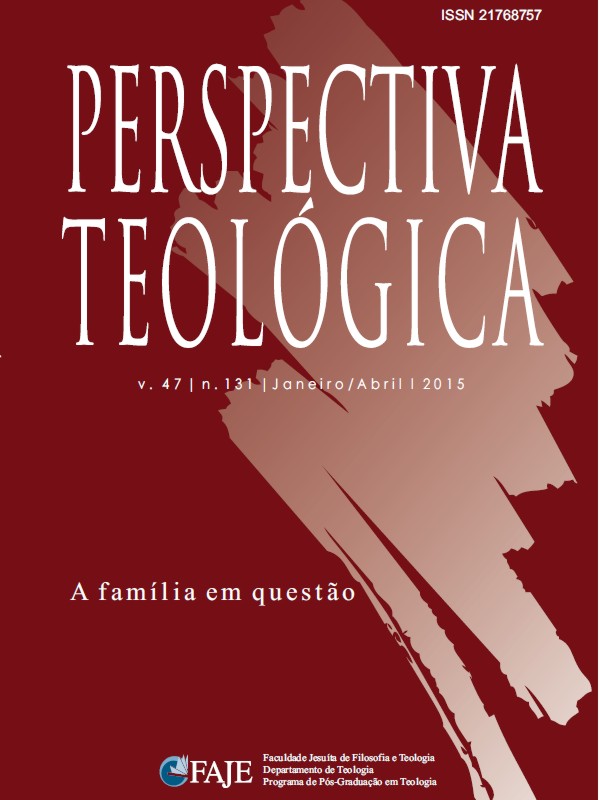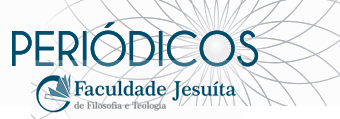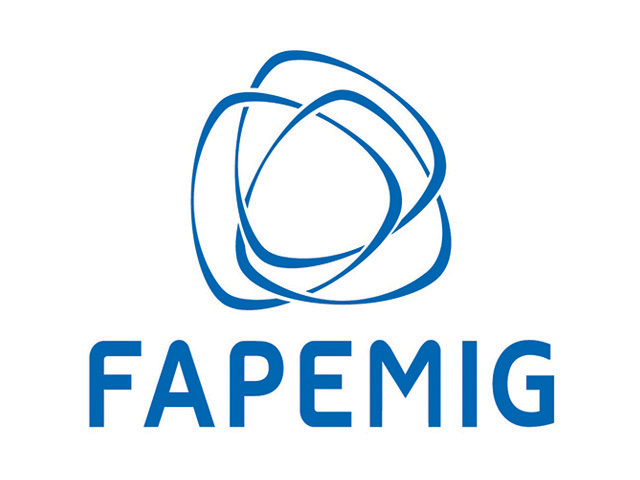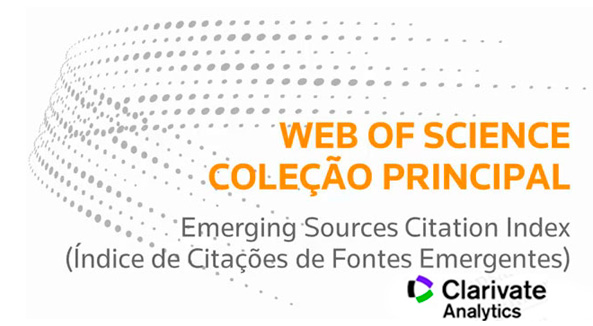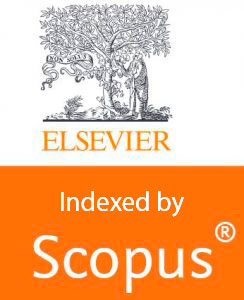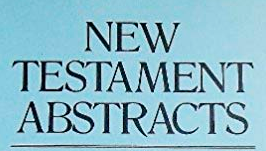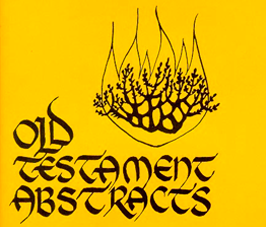PROMESA, ACUERDO Y SÍMBOLO EN LA UNIÓN ESPONSAL
DOI:
https://doi.org/10.20911/21768757v47n131p37/2015Palavras-chave:
Fidelidade, Indisolubilidade, Casamento, Divórcio, Promessa.Resumo
Promessa, contrato e símbolo na união conjugal. Através de uma reflexão anthropologica e evangelica tentamos superar a perspectiva somente jurídica sobre o vinculo conjugal e considerar como cuidar a fidelidade no processo da promessa conjugal e na situação do divorcio. A proteção da promessa pessoal é responsabilidade da consciência dos cônjuges. A proteção do contrato depende do direito. A Igreja testemunha do sentido sacramental da uniâo como simbolo do amor de Deus. Indissolubilidade nao é um ponto da partida senão uma finalidade. Em lugar de falar de uma indissolubilidade abstrata e somente juridica, temos a considerar o cuidado da fidelidade no casamento e da responsabilidade nas situaçãos de divórcio. Devemos distinguir três niveles de problemas. 1) O ensinamento da Igreja baseado no Evangelho. 2) A disciplina canonica pela organização da vida na sociedade eclesiastica. 3) A pratica pastorale na vida sacramental dos crentes. A pergunta sobre o caratteristico do casamento cristiano deve responderse com o Evangelho. As perguntas sobre validade, nulidade e indissolubilidade são perguntas pelo direito canonico. A pergunta sobre ter acesso aos sacramentos pelas pessoas divorciadas e com um novo casamento é uma pergunta pastoral.
Â
Â
ABSTRACT: Promise, contract and symbol in the marriage bond. An anthropological and evangelical reflection about the marriage bond shall take us beyond the question about a juridical vinculum and shall help us to highlight the care of fidelity, both in the process of making the marriage promise and when confronting the unavoidability of a divorce. The protection of the promise is the responsibility of the conscience of husband and wife. The law protects the contract. The Church gives witness to the transcendent symbolism of the union. Indissolubility is not na starting point, but a goal. Instead of an abstract and juridical indissolubility, we comushould emphasise the care of fidelity. Three different realms of problems should be distinguished: 1) The teaching of the Church based on the Gospel. 2) The canonical discipline that organize life in the Church as a society. 3) The pastoral care of the sacramental practice in the life of the faithful. The question about the characteristic of Christian marriage is to be answered from the Gospel. The questions about validity or nullity belong to the realm of Canon Law. The question about the access to the sacraments of divorced persons belong to the realm of pastoral care.
Â
Downloads
Downloads
Publicado
Como Citar
Edição
Seção
Licença
Após a aprovação do texto submetido, os autores deverão encaminhar uma carta de direitos autorais assinada, cujo modelo se encontra na guia "Declarações" no topo do site da revista.

